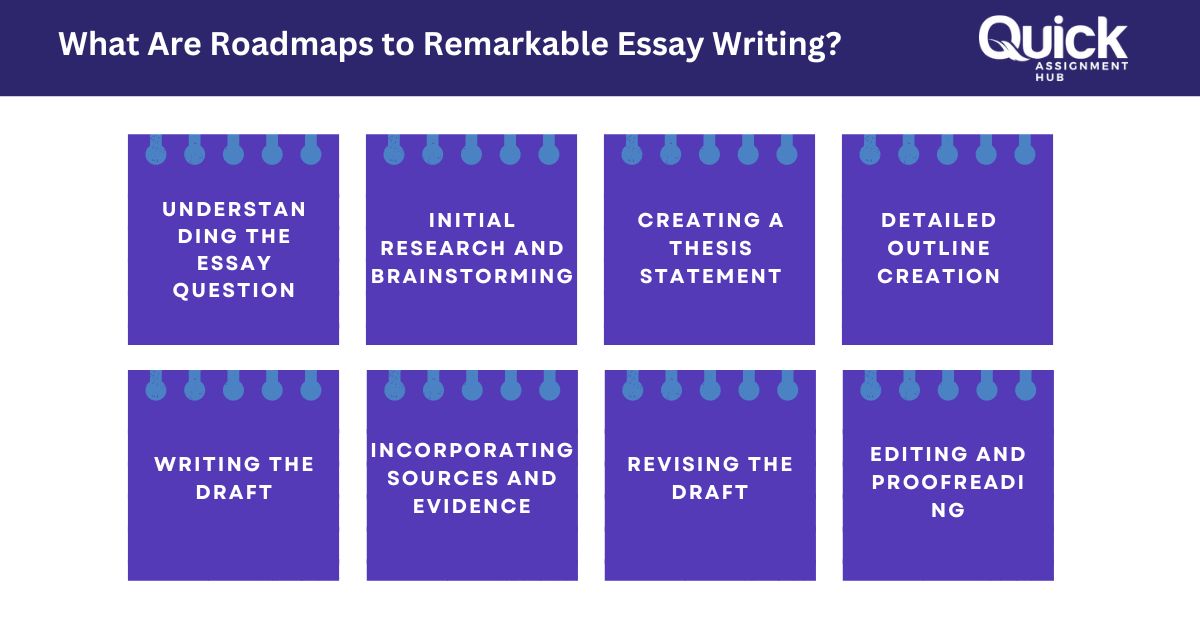Biomagnetism and Health: A Scientific Approach to Healing Energy
Biomagnetism and Health: A Scientific Approach to Healing Energy
In recent years, there has been growing interest in alternative healing modalities that claim to harness the power of magnetic fields to promote health and wellness. One such practice that has gained attention is biomagnetism. But what exactly is biomagnetism, and does it have any scientific basis? We will explore the concept of biomagnetism, its proposed mechanisms, and the current state of scientific research on its potential health benefits.
What is Biomagnetism?
Biomagnetism, also known as biomagnetic pair therapy, is a therapeutic approach that involves the application of magnets to specific points on the body. Proponents of this technique claim that it can help balance the body’s pH levels, restore cellular function, and promote overall health by influencing the body’s natural electromagnetic fields.
The practice was developed in the 1980s by Dr. Isaac Goiz Durán, a Mexican physician who proposed that many health conditions are caused by imbalances in the body’s pH levels. According to this theory, these imbalances create an environment conducive to the growth of pathogens like viruses, bacteria, and fungi. https://www.hituponviews.com/
Proposed Mechanisms of Action
Advocates of biomagnetism suggest several ways in which magnetic fields might influence health:
- pH balance: By applying magnets to specific points, practitioners claim to be able to neutralize areas of acidity or alkalinity in the body, restoring optimal pH levels.
- Improved circulation: Some proponents argue that magnetic fields can enhance blood flow, potentially improving oxygen and nutrient delivery to tissues.
- Ion movement: It’s theorized that magnetic fields might influence the movement of ions across cell membranes, affecting cellular function.
- Reduction of inflammation: Some studies have explored whether magnetic fields could have anti-inflammatory effects.
The Scientific Perspective
While the concepts behind biomagnetism may sound intriguing, it’s crucial to examine the scientific evidence supporting these claims. To date, the research on biomagnetism and its effects on human health has been limited and often inconclusive.
Some studies have shown potential benefits of magnetic therapy for certain conditions:
- Pain management: A few small studies have suggested that static magnetic fields might help reduce pain in conditions like osteoarthritis and fibromyalgia. However, larger, more rigorous trials are needed to confirm these findings.
- Wound healing: There is some evidence that pulsed electromagnetic field therapy might accelerate wound healing, particularly in cases of chronic wounds or diabetic ulcers.
- Bone healing: Pulsed electromagnetic fields have shown promise in promoting bone healing in some studies, particularly in cases of non-union fractures.
However, it’s important to note that many of these studies have limitations, such as small sample sizes, lack of proper controls, or inconsistent methodologies. Additionally, the majority of high-quality, large-scale studies have failed to demonstrate significant benefits of static magnetic therapy for various health conditions.
The placebo effect should also be considered when evaluating the reported benefits of biomagnetism. The attention and care received during treatment, as well as the expectation of improvement, can lead to perceived benefits even in the absence of a direct physiological effect.
Safety Considerations
While biomagnetism is generally considered safe for most people, there are some important safety considerations:
- Interference with medical devices: Strong magnets can interfere with pacemakers, defibrillators, and other implanted electronic devices.
- Pregnancy: The effects of strong magnetic fields on fetal development are not well understood, so caution is advised for pregnant women.
- Delayed diagnosis or treatment: Relying solely on biomagnetism for serious health conditions could potentially delay necessary medical treatment.
Conclusion
While biomagnetism has gained popularity as an alternative healing modality, the scientific evidence supporting its effectiveness remains limited. While some studies suggest potential benefits for specific conditions, more rigorous research is needed to establish its efficacy and understand its mechanisms of action.
As with any complementary therapy, it’s essential to approach biomagnetism with a critical and open mind. Those interested in exploring this therapy should do so under the guidance of a qualified healthcare provider and in conjunction with, not as a replacement for, evidence-based medical treatments.
As research in this field continues to evolve, we may gain a better understanding of how magnetic fields interact with biological systems and whether they can be harnessed effectively for therapeutic purposes. Until then, it’s crucial to rely on well-established, scientifically-validated approaches as the foundation of our healthcare practices.









